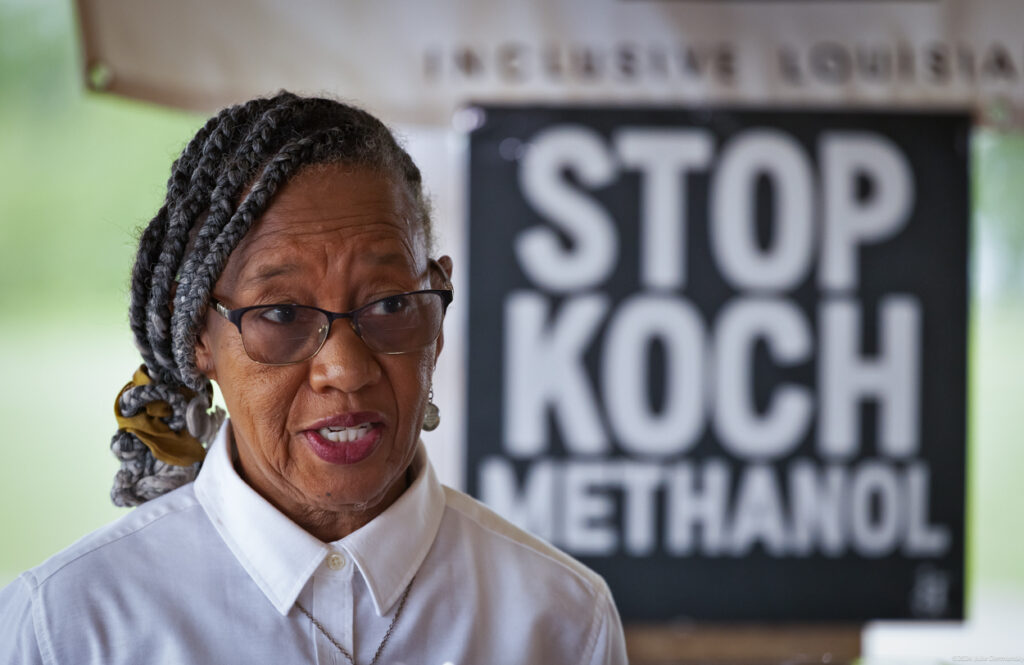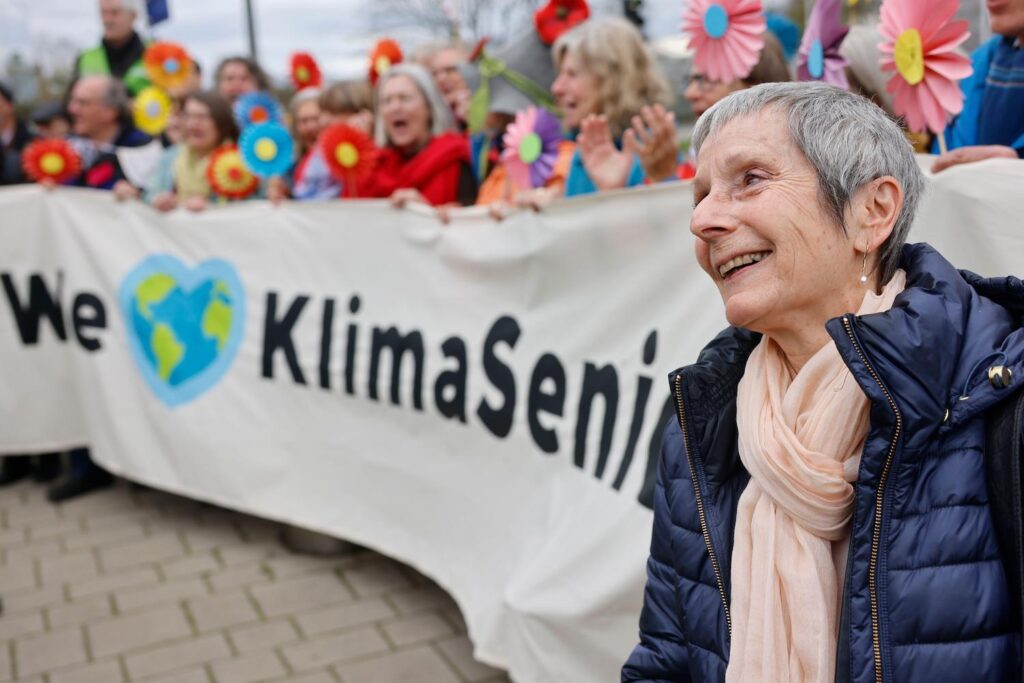The general election in Scotland is inevitably seen through the bifocal lenses of Brexit and independence, regularly morphed into a single telescope of ‘constitutional crisis’. But alongside that ever-present theme is the emergent consciousness of climate breakdown.
With world leaders gathering in Madrid right now for the annual UN climate talks, particular attention is being put on Scotland as the host of next year’s meeting.
While plenty of attention has been lavished on climate-related campaign promises across the UK, less attention has been paid to plans to deal with Scotland’s particular circumstances.
So, what are Scotland’s parties promising regarding transitioning away from North Sea oil, addressing fuel poverty and making a mark ahead of COP26 in Glasgow?
Labour
Scottish Labour’s pitch is clear, claiming “the most radical, hopeful, people-focused, fully-costed plan in modern times.” And the manifesto has tackling the climate emergency at its heart.
It claims to have a “£100billion investment plan for Scotland,” announcing that “this is our chance to tackle the climate emergency, to end food bank use and to rewrite the rules of the economy so it works for everyone – not just the billionaires.”
At the manifesto launch in the Gorbals, Glasgow, Scottish Labour leader Richard Leonard said: “This battle for what kind of society we are is also about whether we tackle the climate emergency or we deny the climate emergency, which is not just about this generation but about future generations.”
“And as we make the transition from the carbon economy to the net zero-carbon society, we ask the question — do we have a plan, including jobs, or do we leave it to the forces of the market?”
Labour’s manifesto proposes a massive expansion of onshore wind power, which would see Scotland contributing at least 60 percent of the sector’s capacity across Britain. It also promises 50,000 new “green jobs” and a “windfall tax” on oil companies to ensure that “companies that knowingly damaged our climate will help cover the costs.”
Another stand-out policy is the idea to create a new UK National Energy Agency to own and maintain the national grid infrastructure, with a Scotland-specific operator with statutory responsibility for decarbonising electricity and heat and reducing fuel poverty.
Read the Scottish Labour manifesto.
Read more of DeSmog’s UK General Election 2019 coverage
SNP
The SNP uses its manifesto to showcase the Scottish Government’s Climate Change Act, which it believes to be world-leading. “Earlier this year the CCC advised Scotland that Scotland could reach net-zero by 2045 – five years ahead of the UK,” it points out.
It promises that SNP MPs will demand the UK meet its Paris Climate Agreement responsibilities and stick to future EU emission standards, regardless of its position within the EU.
The party also proposes a Green Energy Deal to encourage investment in renewable energy schemes, and promises “fully operational carbon capture utilisation and storage facilities”, and support for EVs.
Both Labour and the SNP reference the need for a just transition for fossil fuel workers into new, green, industries.
Labour promises a new £250 billion ‘Green Transformation Fund’ to finance that transition, while the SNP proposes establishing a Scottish National Investment Bank that it says will prioritise financing the zero-carbon transition.
Conservatives
The Conservatives argue that “conservation is and always has been at the heart of Conservatism”. The biggest spending commitment in the party’s manifesto is to fix pot-holes in the road, however.
The party claims that it will deliver on target of net-zero greenhouse gas emissions by 2050, establish a £500m Blue Planet Fund, use the £1 billion Ayrton Fund to develop affordable and accessible clean energy, build the first fully deployed carbon capture storage cluster by 2025, and support the development of hydrogen and nuclear fusion energy.
Many of the pledges are UK policy re-fashioned into their Scottish manifesto, which contains just a page of text about “fighting climate change.”
Read the Scottish Conservatives manifesto.
Liberal Democrats
The Scottish Liberal Democrats’ manifesto has much to say on tackling climate change, however – though it’s difficult to discern anything that is specific to Scotland. Indeed, their own coverage of their manifesto launch doesn’t mention the environment at all.
The Liberal Democrats’ plans include an emergency programme to insulate all Britain’s homes by 2030 (the manifesto simply says the “UK government will work with the Scottish govt to provide the resources”), and ensure 80 percent of electricity is generated by renewables by 2030 (Scotland produced 75 percent from renewables in 2018).
The reluctance to devolve more power to Scotland fits with the thrust of the Lib Dems’ manifesto, which starts with: “Stop Brexit. Stop Independence.”
As Scottish leader Willie Rennie writes:
“Together, the plans provide a long term, sustainable and successful Scotland, inside the UK. Central to this is the mounting evidence that the SNP are distracted by independence.”
“The starting point is simple. It means no independence referendum. Full stop.”
Read the Scottish Liberal Democrats’ manifesto
Like what you’re reading? Support DeSmog’s work by becoming a patron today!
Scottish Green Party
Unsurprisingly, the Scottish Greens’ manifesto is by far the boldest of the parties – perhaps because the first past the post electoral system means they have no chance of getting an MP elected in Scotland.
The Scottish Greens promise to “transform the Scottish economy” in the shape of its “Green New Deal”, which includes rewriting the country’s City Deals to focus on the climate emergency, introducing a four-day week, and campaigning for Scotland’s place in Europe.
The party is not standing candidates in Dundee, Perth, Angus and North East Fife to allow the SNP the best chance of defeating the Conservatives.
Scottish Greens co-leader Patrick Harvie boasted of his party’s commitments while claiming other parties could not be trusted to address the climate crisis. He said, “other parties have made commitments to address this crisis in their manifestos, but their actions do not match their words,” pointing to Labour opening a new coal mine in Cumbria, the Lib Dems voting against giving councils power to lower emissions, and the SNP taking cash from oil and aviation companies.
Co-leader Lorna Slater said an independent Scotland, which the party supports, could be a leading light in climate action worldwide:
“Our Scottish Green New Deal reports have revealed the urgent action the Scottish Government could do now to tackle the climate emergency, to secure thousands of jobs, an integrated public transport system and warm homes for all.”
“But with the powers held by Westminster, we could do so much more. This election is an opportunity to push for a written constitution and citizen’s assemblies, but as an independent European country, Scotland could be an agile leader in the global effort to tackle the climate emergency.”
Subscribe to our newsletter
Stay up to date with DeSmog news and alerts






